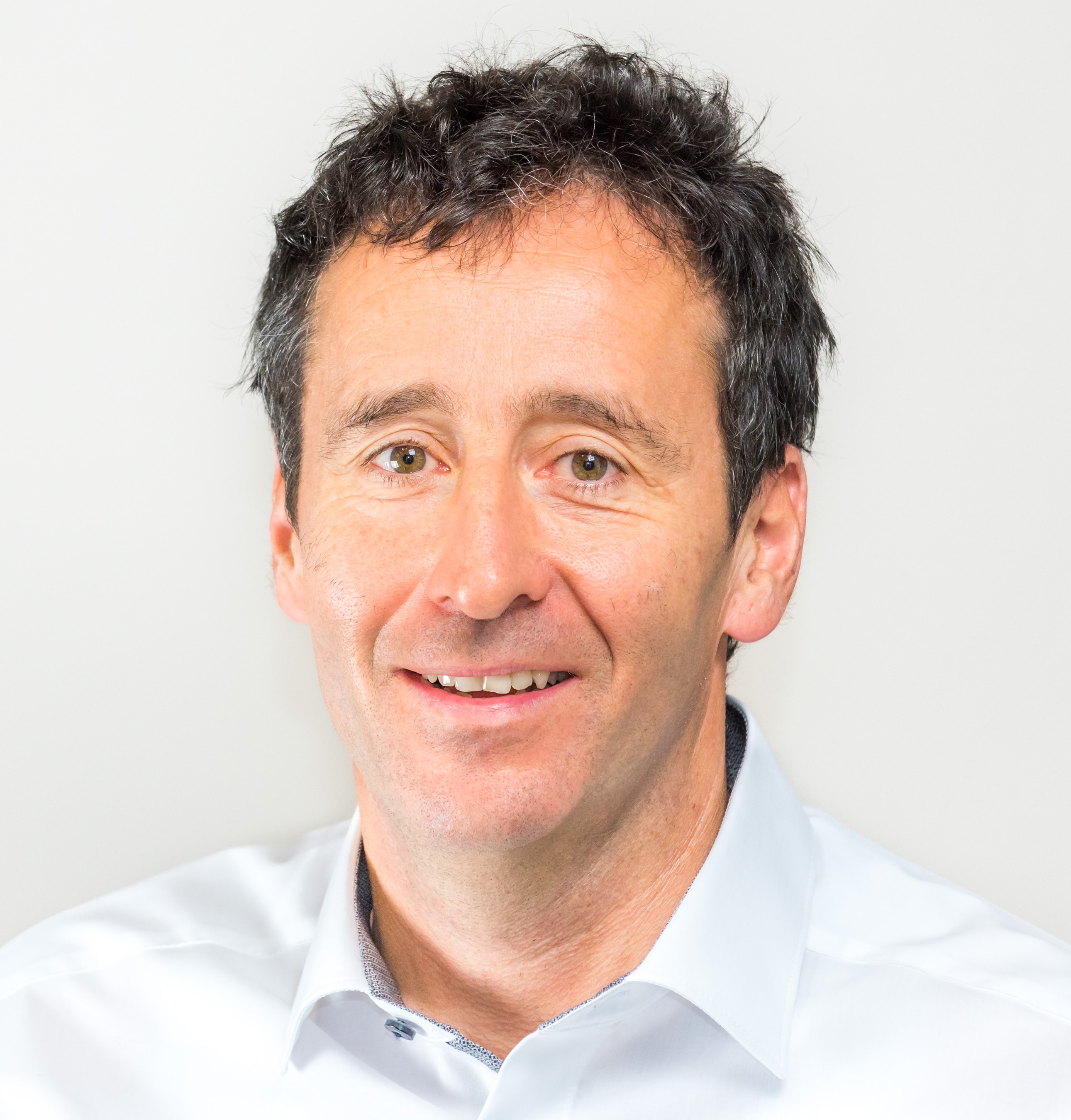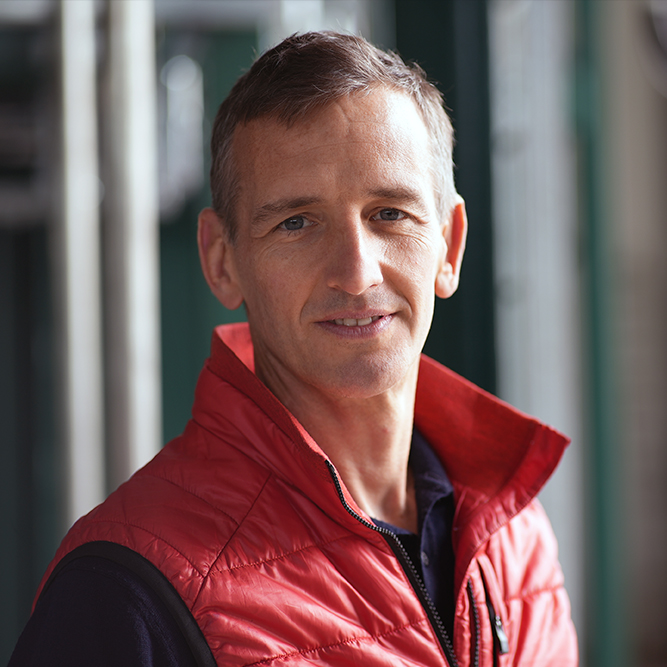Standard Gas Set For First Carbon Removal Certification For Mixed Waste Char
Carbon Standards International and Standard Gas Technologies develop new certification methodology based on research by the Ithaka Institute
UK-based Standard Gas Technologies Ltd is set to become the first company awarded Carbon Removal Certification that registers the biogenic carbon of mixed waste-derived char produced by the Company’s pyrolysis-based energy-from-waste process. This development follows extensive scientific research undertaken by Switzerland-based Ithaka Institute to develop a technique that can assess the lower bound biogenic content of any RDC (refuse derived char) produced through the pyrolysis of waste containing both biogenic and fossil-derived materials.

Carbon Standards International

Outlining the overall methodology, Ueli Steiner, Chief Executive Officer of CSI, notes: “The carbonaceous materials of pyrolyzed mixed waste are highly heterogeneous, which required the development of a new sampling method to monitor their suitability for various industrial applications and the permanence of the carbon. This includes sequestration pathways such as in construction materials, road pavements, or landfilling. However, the larger challenge was to distinguish the carbon fraction that derived from biogenic sources – such as paper, cardboard, wood – and fossil sources – like plastics, composite materials. To achieve this on an industrial scale, the methodology draws on new research combining C-14 analysis of the resulting char and the pyrolysis flue gas. Based on continuous gas measuring and large-scale homogenization and representative sampling, the minimum biogenic content of every char made from RDF can be certified and the sequestration pathway of the eventual C-sink determined.”
As a result of Ithaka’s research, Carbon Standards International (CSI), a highly regarded certification agency in the voluntary removals sphere, and which issues the European and World Biochar Certificates, is now providing data-driven accounting of carbon sequestration options for RDC.

Standard Gas Director
& Co-Lead – Carbon Char Store
Ueli Steiner adds: “We have a 2-step certification system for our applied standards. First, we certify the produced char through our World Biochar Certificate (WBC) once specific technical requirements and environmental thresholds are met. Next, the carbon removal is then certified with the Global Biochar C-Sink Standard, where we account for all GHG emissions occurring during processing, storing, transportation, and application of the char and for its persistence, depending on the application matrix. We certify physical carbon sinks whose existence and climate cooling effect can be verified at any time.”
Richard Jackson, Standard Gas Director and the Company’s Co-Lead for Carbon and Product Development, says: “Our combined pyrolysis and gas cracking energy-from-waste process produces a carbon char or biochar and a clean, fossil-replacing gas or biogas from a wide range of residual feedstocks, including purelybiogenic and mixed wastes. Given that mixed waste generally contains between 50%-70% biogenic material – predominantly paper and cardboard – with the remainder mostly plastics – we contacted the Ithaka Institute, as a biochar specialist, to see whether the team could undertake research to develop a scientific methodology to accurately assess the biogenic content in RDC.”

Head of Ithaka Institute

Head of the Ithaka Institute, Hans-Peter Schmidt, remarks: “With the new C14 testing method for biochar and gas from mixed waste pyrolysis, the biogenic and fossil carbon components in the biochar carbon sink can now be measured and calculated with high confidence. This groundbreaking methodology opens up new possibilities in waste treatment within the carbon cycling economy and enables long-term carbon dioxide removal to slow climate change.”
Together, CSI, Ithaka and Standard Gas agree that a very constructive and transparent working relationship is enabling a significant environmental solution while upholding exacting standards and taking account of commercial realities. “It’s a great example of academics teaching innovators the science and innovators teaching academics the commercial realities of large-scale production,” says Richard Jackson.
Podcasts of Standard Gas’s Richard Jackson in conversations with both CSI’s Ueli Steiner and Ithaka Institute’s Hans-Peter Schmidt are available in our website Podcasts section: https://standardgas.com/standard-gas-podcasts/
For more information, contact:
- Standard Gas Technologies:
Peter Coombes – [email protected] or +44(0)7770 637528
- Carbon Standards International:
Maria Scheidegger – [email protected] or +41(0) 62552 1090
- Ithaka Institute:
Hans-Peter Schmidt –[email protected]
Podcasts of Standard Gas’s Richard Jackson in conversations with both CSI’s Ueli Steiner and Ithaka Institute’s Hans-Peter Schmidt are available in our website Podcasts section: https://standardgas.com/standard-gas-podcasts/
